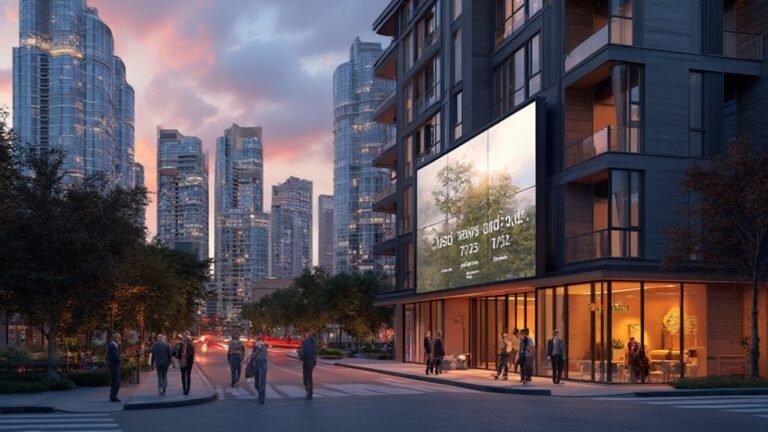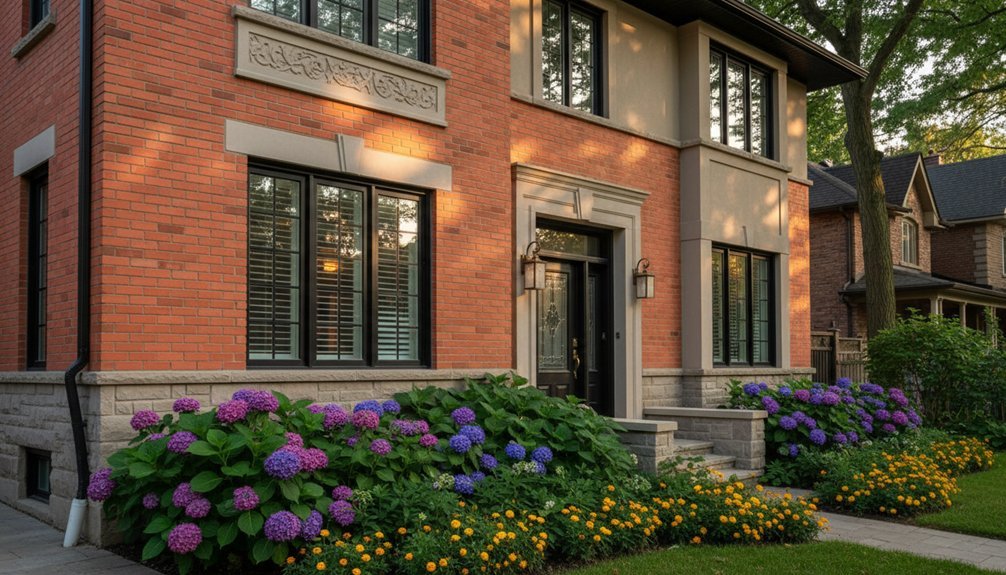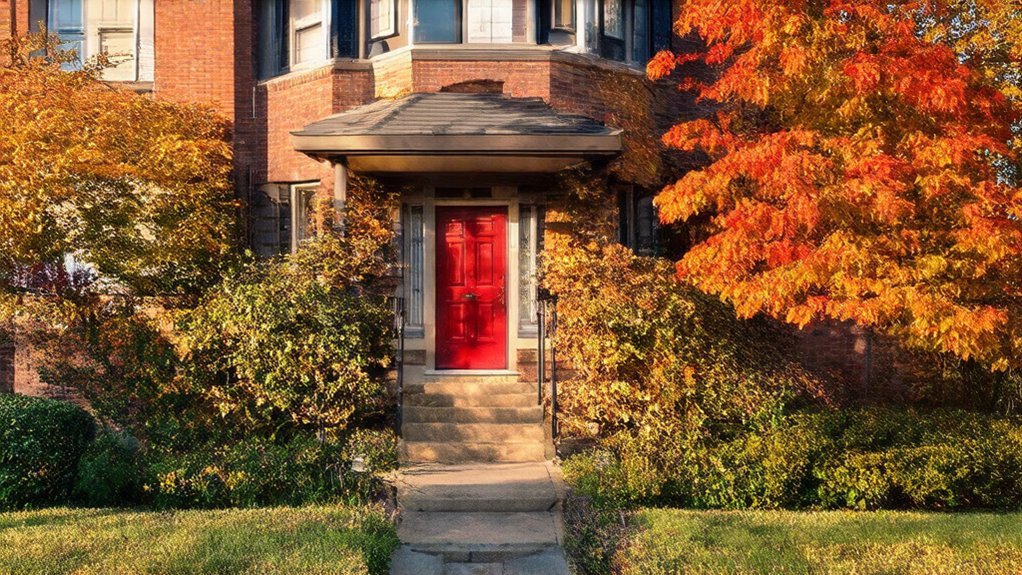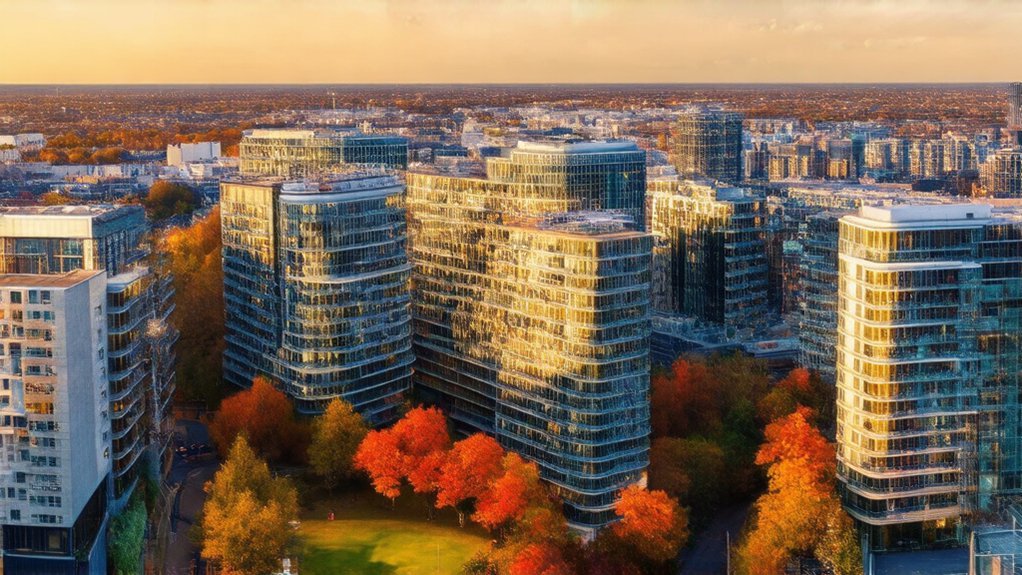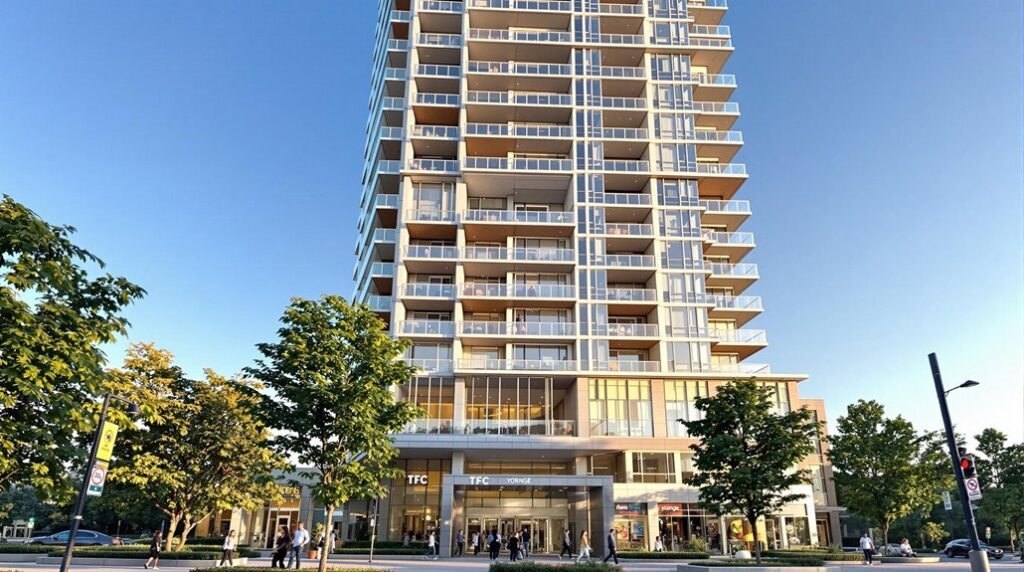Buying a fixer-upper offers you a unique chance to customize a home to your tastes, often at a lower initial cost. You can personalize every detail and potentially increase its value significantly. However, renovation can be financially demanding, often surpassing the intended budget, and the process is both time-consuming and stressful. Unforeseen expenses necessitate meticulous budgeting and financial planning. Expert home inspections and realistic renovation estimates are important. Despite these challenges, strategic improvements, particularly in kitchens and bathrooms, can enhance both your living experience and the property’s resale value. For detailed guidance on maneuvering these complexities, continue exploring.
Key Takeaways
- Fixer-uppers allow for creative expression and personalization in home design.
- Personal renovation projects can significantly increase a property’s value.
- Renovating a fixer-upper can be time-consuming and stressful with unforeseen setbacks.
- Renovation costs can often exceed initial budgets, risking financial strain.
- Modernizing key areas like kitchens and bathrooms enhances resale potential.
Appeal of Fixer-Uppers
Fixer-uppers appeal to many because they offer a blank canvas for your creative expression and personalization in home design. When you purchase a fixer-upper, you embrace the challenge and thrill of transforming a property with untapped potential. This appeal is particularly strong among DIY enthusiasts who relish the opportunity to roll up their sleeves and bring their vision to life.
Every aspect of the house, from structural changes to minute aesthetic details, is subject to your control and creativity.
Moreover, the satisfaction and accomplishment derived from personalizing a space can’t be understated. Each decision you make, whether it’s choosing the perfect shade of paint or redesigning the kitchen layout, transforms the property into a reflection of your tastes and preferences. The allure also lies in the potential to turn a neglected property into a dream home.
Essentially, a fixer-upper offers the unique opportunity to uncover hidden potential and craft a living space that truly feels like your own.
In addition, strategic renovations can lead to profitable ventures. By making informed and thoughtful improvements, you have the capacity to essentially increase the property’s market value, potentially reaping financial rewards in the future.
Pros of Buying a Fixer-Upper
Purchasing a fixer-upper presents the opportunity to significantly increase a property’s value through well-planned renovations. By investing time and effort into updating an older home, you can remarkably enhance its market worth. This potential for rapid appreciation often translates into a substantial profit when you decide to sell.
Additionally, buying a fixer-upper allows you to acquire a home in a desirable neighborhood that might otherwise be beyond your financial reach. As property values rise, you stand to gain from the improved surroundings without the initial high cost of a move-in-ready house in the same area.
Another benefit is the chance for customization. Undertaking DIY renovations can save money while enabling you to tailor the house to your specific tastes and lifestyle. This means you won’t have to live with outdated or undesirable design choices made by previous owners.
Moreover, with a fixer-upper, you’re not constrained by someone else’s aesthetic preferences. This freedom lets you create a living space that perfectly aligns with your vision and needs. Ultimately, these advantages make buying a fixer-upper a compelling option for those willing to invest the necessary time and resources.
Cons of Buying a Fixer-Upper
Renovating a fixer-upper can quickly become a financial burden, often leading to costs that exceed your initial budget. Renovations can be expensive over time, especially when you uncover hidden issues. Structural problems or damages that weren’t apparent during initial inspections can emerge, necessitating costly repairs. These unforeseen expenses can swiftly deplete your funds, forcing you to stretch your budget or seek additional financing.
Moreover, the renovation process is notably time-consuming and highly stressful. Balancing the demands of a substantial renovation while managing daily life obligations can be overwhelming. You might find yourself dealing with contractors, ordering materials, and tackling unexpected setbacks, all of which can significantly extend the time frame you initially planned for.
Additionally, there’s the substantial risk of debt accumulation if renovation costs aren’t meticulously budgeted and managed. Without a precise budget and a financial cushion for unexpected expenses, you could find yourself financially overextended. The necessity to allocate ample resources to cover every aspect of the renovation ensures that you need a solid financial plan.
Ensuring there’s enough room in your budget from the outset is crucial to avoid financial pitfalls during the renovation process.
Tips for Buying One
Before delving into a fixer-upper project, enlist an experienced home inspector to assist you in identifying potential cost pitfalls. This professional assessment can save you from unexpected, costly surprises and make sure you’re making a sound investment.
Next, consider the location’s importance in the renovation process. Location affects resale value and overall desirability, so choose a neighborhood with potential growth and demand.
Obtaining a renovation estimate before buying is essential. This step allows you to plan your finances and budget effectively, considering both the necessary and desired improvements. Factor in labor, materials, permits, and any other associated costs.
Be sure you have a financial cushion for unexpected expenses that may arise during renovations. Unforeseen issues like plumbing or structural problems can inflate your budget, so having extra funds set aside is wise.
Consider living elsewhere during major renovations. Doing so can help you maintain peace of mind and minimize disruptions to your daily routines. Living in a construction zone can be stressful and inconvenient; it’s often more practical to find alternative accommodation temporarily.
Financial Considerations
Taking on a fixer-upper can offer financial benefits but requires careful budgeting and planning to manage potential costs effectively. One of the primary attractions is the lower initial purchase price compared to move-in-ready homes. However, these savings come with the need for thorough financial preparation to address the renovation costs that will follow.
Renovating a fixer-upper presents the chance to increase the property’s value significantly. Strategic upgrades can lead to substantial profits post-renovation. Yet, it’s essential to budget for unexpected costs that often arise during the renovation process. You’ll need a financial cushion to cover unforeseen expenses, ensuring you’re not caught off guard.
Securing financing for a fixer-upper can also be challenging. Lenders might be hesitant due to the property’s current condition and the scope of needed renovations. Hence, it’s vital to explore various financing options and be prepared for more stringent lending criteria.
Managing Renovations
Successfully overseeing renovations depends on effectively coordinating contractors, adhering to timelines, and keeping a close eye on your budget. To stay organized, start by creating a detailed project schedule that outlines all tasks, deadlines, and responsible parties. This will help you monitor progress and guarantee that various projects align seamlessly without unnecessary delays.
Communication with your contractors is vital. Regular meetings and updates can help address issues promptly and keep everyone on the same page. Make it a point to clarify expectations and confirm that tasks are completed to your satisfaction. Additionally, adapt to unexpected challenges; renovation projects often encounter unforeseen obstacles like hidden structural issues or material delays. Being flexible will help keep the process moving smoothly despite any setbacks.
Budget management is another crucial aspect. Keep meticulous records of expenses and invoices to make sure you don’t exceed your financial limits. Regularly compare actual costs to your original budget and adjust as needed. Prioritizing tasks and making informed decisions about where to allocate funds can prevent overspending.
Staying organized, communicating effectively, and being prepared for surprises will help you manage the complexities of renovating a fixer-upper efficiently.
Maximizing Property Value
Understanding market trends and renovation costs can significantly enhance the value of your fixer-upper. Begin by researching the desired neighborhood to gauge property value appreciation. Factors such as local school ratings, proximity to amenities, and future development plans play a significant role in determining how much value your home can gain post-renovation.
Next, calculate your potential return on investment (ROI). This involves a detailed analysis of renovation costs against current market conditions. Break down each renovation expense and estimate how much each improvement may increase the property’s resale value. Balance your budget to make sure you’re not overspending on areas that won’t offer substantial returns.
Long-term value and resale potential shouldn’t be overlooked. Consider features that appeal to a broad market, such as modern kitchens and updated bathrooms. These areas typically offer great ROI and attract potential buyers more readily.
Keeping detailed records of all renovation expenses is essential. Not only does this help with tax purposes, but it also provides valuable information for future reference.
Consulting with real estate professionals can further assist in making informed decisions to maximize your returns. Professional advice ensures you make strategic improvements that align with market demands.
Conclusion
To wrap up, purchasing a fixer-upper can be a strategic decision. Surprisingly, the National Association of Home Builders reveals that 36% of homebuyers opt for a fixer-upper to customize their residence.
If you handle upgrades effectively and carefully evaluate financial effects, you can notably boost a property’s value. Keep an eye on initial evaluations, budget limitations, and achievable schedules to guarantee a successful investment.
With well-informed choices, a fixer-upper can evolve into a lucrative and personalized dream home.







